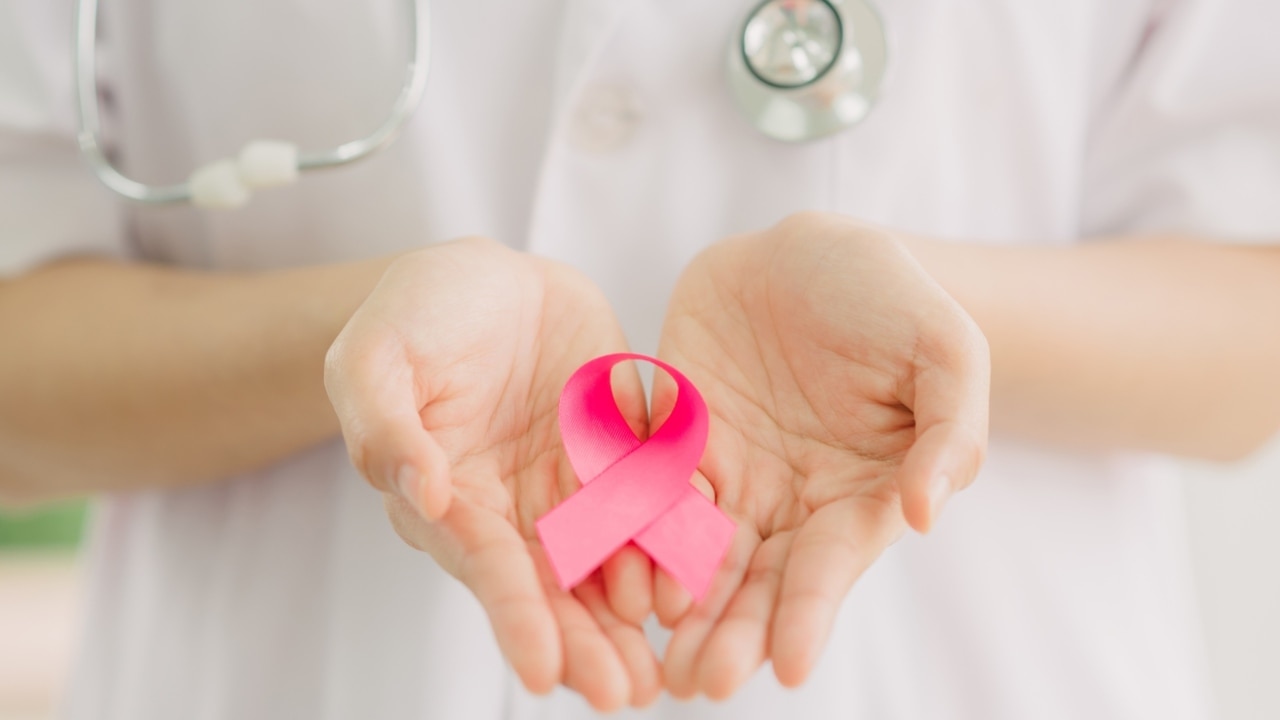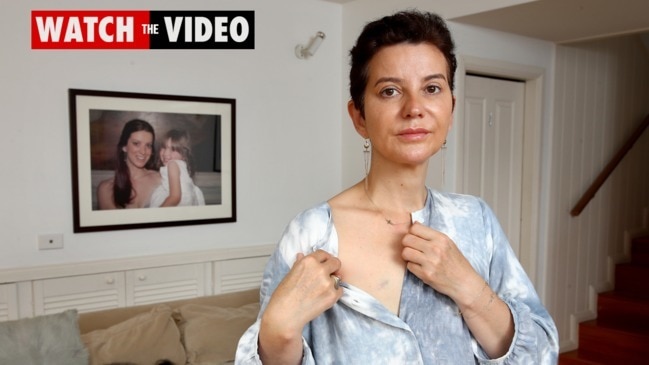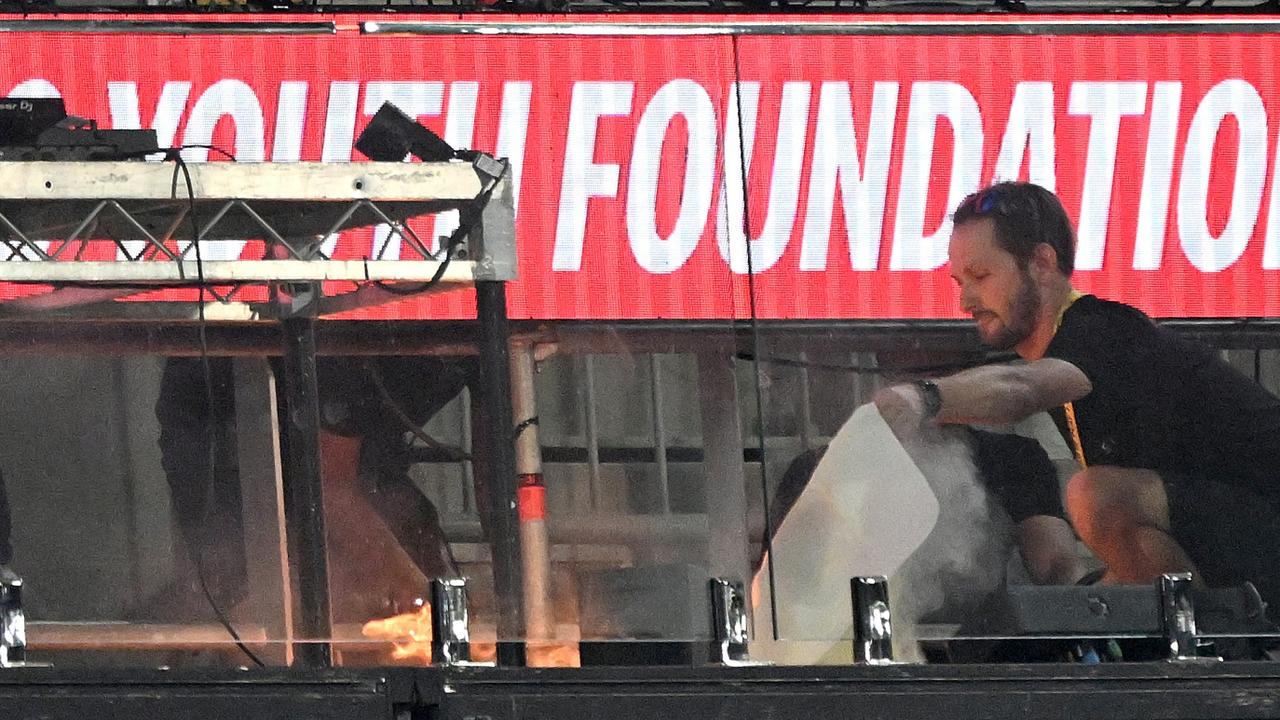Inside the group who supports ‘forgotten’ terminal breast cancer women
Breast cancer is a high-profile cause that attracts much publicity, but there’s a dark side where victims feel isolated and alone.

Lifestyle
Don't miss out on the headlines from Lifestyle. Followed categories will be added to My News.
They are the women the Pink breast cancer movement forgot.
There are countless funerals, heartbreaking stories of isolation and shattering diagnosis, but there is a group run by two incredible women who make sure their voices are heard.
Mary O’Brien and Pia Hirsch run the Advanced Breast Cancer Group, a small, intimate support group for women with metastatic breast cancer aimed at helping them deal with the last years of their life.
“We don’t see people who are hoping for a magic cure, we don’t see people who don’t accept the terminal nature of the illness, people who see us we think are the most distressed women,” Ms O’Brien said.

“They want to know how other women cope with being given this diagnosis … people feel very isolated and alone, and it’s such a relief when they find people feel like they do.”
The weekly support group, with 12 women suffering metastatic breast cancer, discuss day-to-day life, living with an incurable disease and dealing with death.
“They find their stories aren’t in the mainstream part of the breast cancer picture, because people don’t want to hear about people who die of cancer, they want to see those who survive,” Ms O’Brien said.
“So they feel a bit left out, they feel forgotten, the women have used all types of expressions, kicked to the kerb, invisible, and some of them can get quite angry about it.”
But they find support in each other, they become close and before Covid-19 would meet in person.
In Ms O’Brien and Ms Hirsch’s book A Darker Shade of Pink, a member of the group, Margaret, said the group was a highlight of her life.
“It has ended the isolation I felt before becoming a member but the camaraderie I have found with these women has been incredibly uplifting,” she said.
“Even though on occasion, the purpose of the group which is to support us through sad events becomes reality.”

When those events happen, the tight-knit group pre-Covid-19 would sometimes attend other member’s funerals.
“The worst time we describe in the group is when we lost 12 women in a year; that was pretty phenomenal and devastating really, it took everybody years to recover from that,” Ms O’Brien said.
But while tragic, it can help inspire women in the group and help them prepare for the end.
“Women seeing how other women have died and the fact they have died peacefully, well or have had a good life until then is an inspiration in a way for other women; (they think) if they can cope with it then I can too,” Ms O’Brien said.
The group is now in its 21st year, they have helped hundreds of women with hopes they will set up more groups interstate.
“Neither of us would have thought that we would still be doing this now, we had no idea this would become so important to our professional lives,” she said.
Metastatic Breast Cancer day is on October 13 and Ms O’Brien and Ms Hirsch are working with people interstate to try and create more groups like theirs.
For more information on the group you can visit their website.


